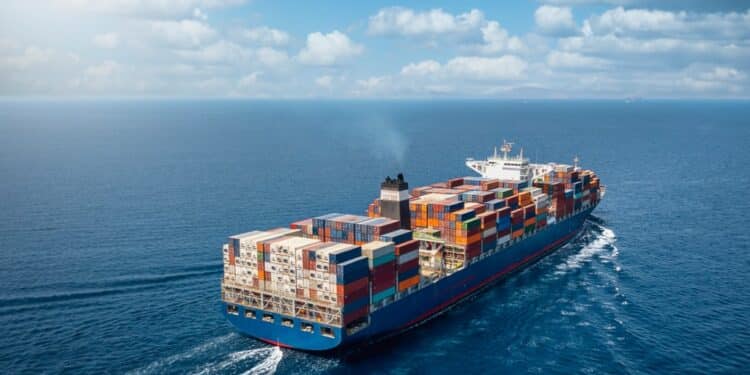Kirill Kompaniets, a Russian national and Chief Engineer of a commercial bulk carrier vessel registered in the Marshall Islands, pleaded guilty to dumping waste in U.S. waters and then attempting to cover up the misconduct. A crew member first reported the illegal activity to the U.S. Coast Guard through social media.
Kompaniets “was charged with the illegal discharge in violation of the Act to Prevent Pollution from Ships,” or APPS. APPS implemented Annex VI of the MARPOL treaty, or the “main international treaty addressing air pollution prevention requirements from ships.” MARPOL, the International Convention for the Prevention of Pollution from Ships, stemmed from the International Maritime Organization, a United Nations agency, and “is the main international agreement covering all types of pollution from ships,” the Environmental Protection Agency website states.
The U.S. passed APPS in 1980, and the law applies to both U.S. commercial vessels and “non-U.S. commercial vessels operating in U.S. waters or ports of U.S. jurisdiction,” according to the National Whistleblower Center (NWC). According to NWC, “[t]he U.S. is the number one enforcer of MARPOL in the world because of the whistleblower provision included in APPS.” Additionally, “[w]histleblowers do not need to be U.S. citizens to receive a reward,” NWC states.
Court papers from the Kompaniets case state that a valve on the ship burst during an attempt to “correct a problem with the discharge of clean ballast water,” the May 18 Department of Justice (DOJ) press release reports. According to the press release, “[l]ate on the night of March 13-14, 2021 after the leak had been controlled, Kompaniets and a subordinate engineer deliberately dumped the oil contaminated water in the bilges overboard.” They dumped the waste “while the ship was at an anchorage near the South West Passage off the Louisiana coast.” The press release states that “[t]he ship’s required pollution prevention equipment — an oily-water separator and oil content monitor — were not used, and the discharge was not recorded in the Oil Record Book, a required ship log.”
In addition to the illegal dumping, “Kompaniets was also charged with obstruction of justice based on various efforts to conceal the illegal discharge.” He admitted to six “acts of obstruction of justice” in “a joint factual statement filed in court with his guilty plea.” These acts included “making false statements to the Coast Guard,” “destroying the computer alarm printouts for the period of the illegal discharge” that the Coast Guard sought, and “holding meetings with subordinate crew members and directing them to make false statements to the Coast Guard.” Notably, one of the acts Kompaniets admitted to is “preparing a retaliatory document accusing the whistleblower of poor performance as part of an effort to discredit him.”
“The intentional pollution of U.S. waters and the deliberate effort to cover up the crime are extremely serious criminal offenses that will not be tolerated,” said Assistant Attorney General Todd Kim of the Justice Department’s Environment and Natural Resources Division in the press release. “Prosecutions such as this one should send a clear message to those that would violate the law and endanger our precious natural resources.”
The press release states that the investigation is ongoing.




